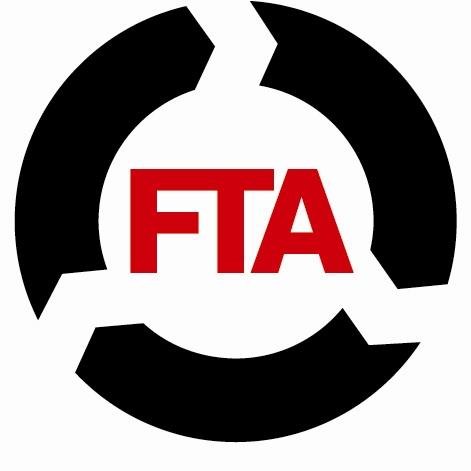A Narrow Approach On Safety? – CPC Training Courses – Ridgeway Training
The Freight Transport Association (FTA) has demonstrated its disappointment at the proposals from London Mayor Boris Johnson for changing the technical features of HGVs to improve safety.
A public consultation launched on the 22nd January sets out the intention to require all HGVs on London’s roads to have a transparent panel fitted in the lower half of the passenger door to improve visibility (with the exception of a small number where retro-fitting is not possible).

FTA Head of National & Regional Policy Christopher Snelling said: “Improving visibility for HGV drivers is really important, but there are many different ways to achieve this. We are disappointed that the Mayor has chosen to focus on just one option without clear evidence that this is the best way to deliver the desired outcome.
“Side panel have limitations – for example, if the vehicle is carrying a second crew member or equipment then the view may be obscured. In recent years the Mayor and Transport for London (TfL) have made additional mirrors, cameras and sensors a priority for HGVs. Now suddenly this one panel is the answer – and those who have already eliminated this blind spot through technology will be forced to adapt their vehicles again to address the same problem.”
The cost to the UK’s HGV fleet operators of retro-fitting vehicles with transport panels would be around £280 million, FTA estimates.The Association questions whether this is the best use of such a huge investment on safety.

Increasing the direct visibility from HGVs is a priority and FTA advises members to explore the use of vehicles with reduced blind spots in their fleets. The Association want to see London support this process now by offering a discount on the London Congestion Charge to those HGVs that have cabs with blind spots designed out.
Mr Snelling had to this to say: “Wholly redesigned cabs with lower seats can eliminate far more blind spots – including those that affect pedestrian collisions as well as cyclists. But they are much more expensive – partly because so few are made. London can now help make these vehicles a part of the mainstream by allowing operators to off-set the cost of buying them against a reduced congestion charge.
“It is important to remember that any cost added to logistics in London will eventually get passed on to the users – the businesses and residents of London. They are the ones who will ultimately be paying this bill.”
The consultation asks Londoners whether they support the proposal in principle and if it should be enforced through an extension to the Safer Lorry Scheme or higher chargers for non-compliant lorries under the Congestion Charge or Low Emission Zone regulations. It also asks whether the restrictions should be full-time, part-time or route-specific. The public consultation will be followed by a formal consultation on finalised statutory proposals
For more information about our CPC Training Courses, please visit our services page.

